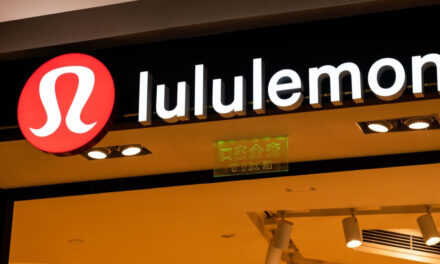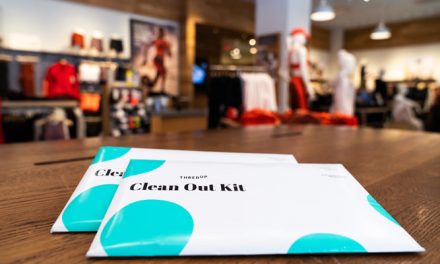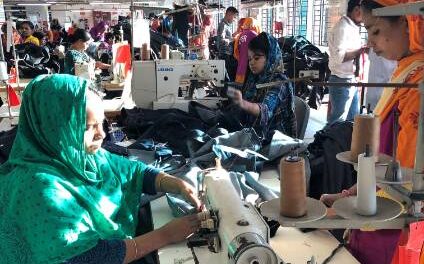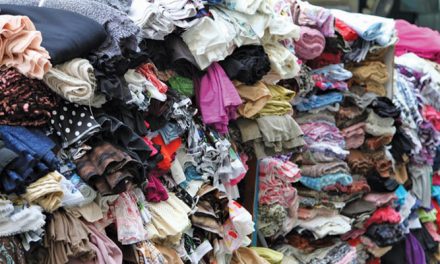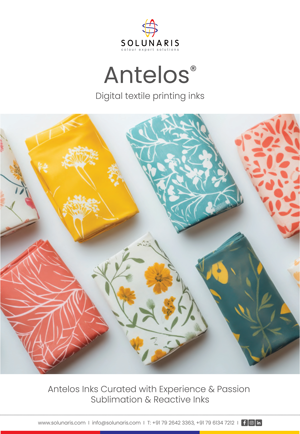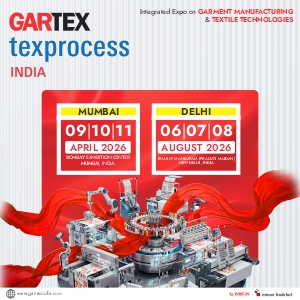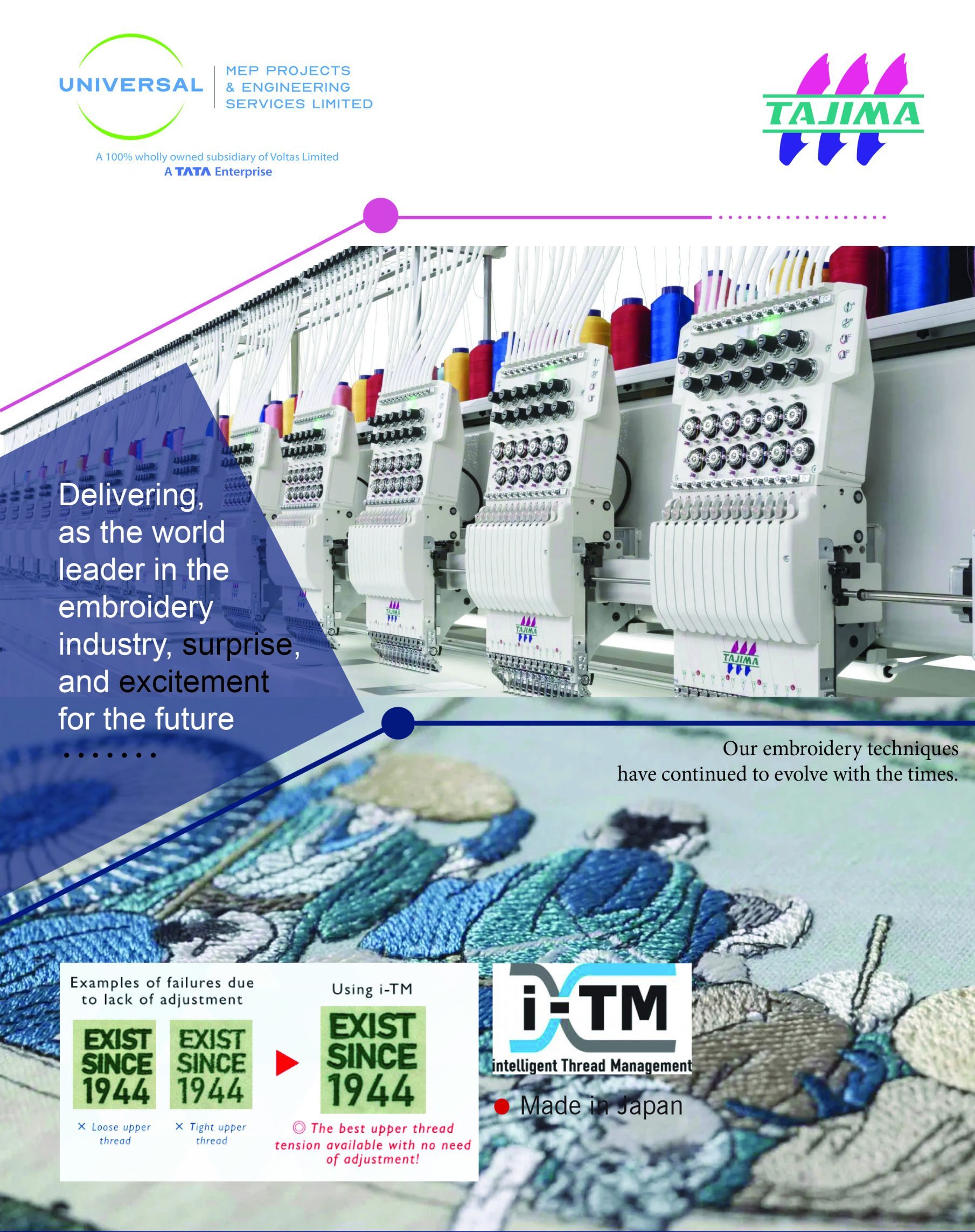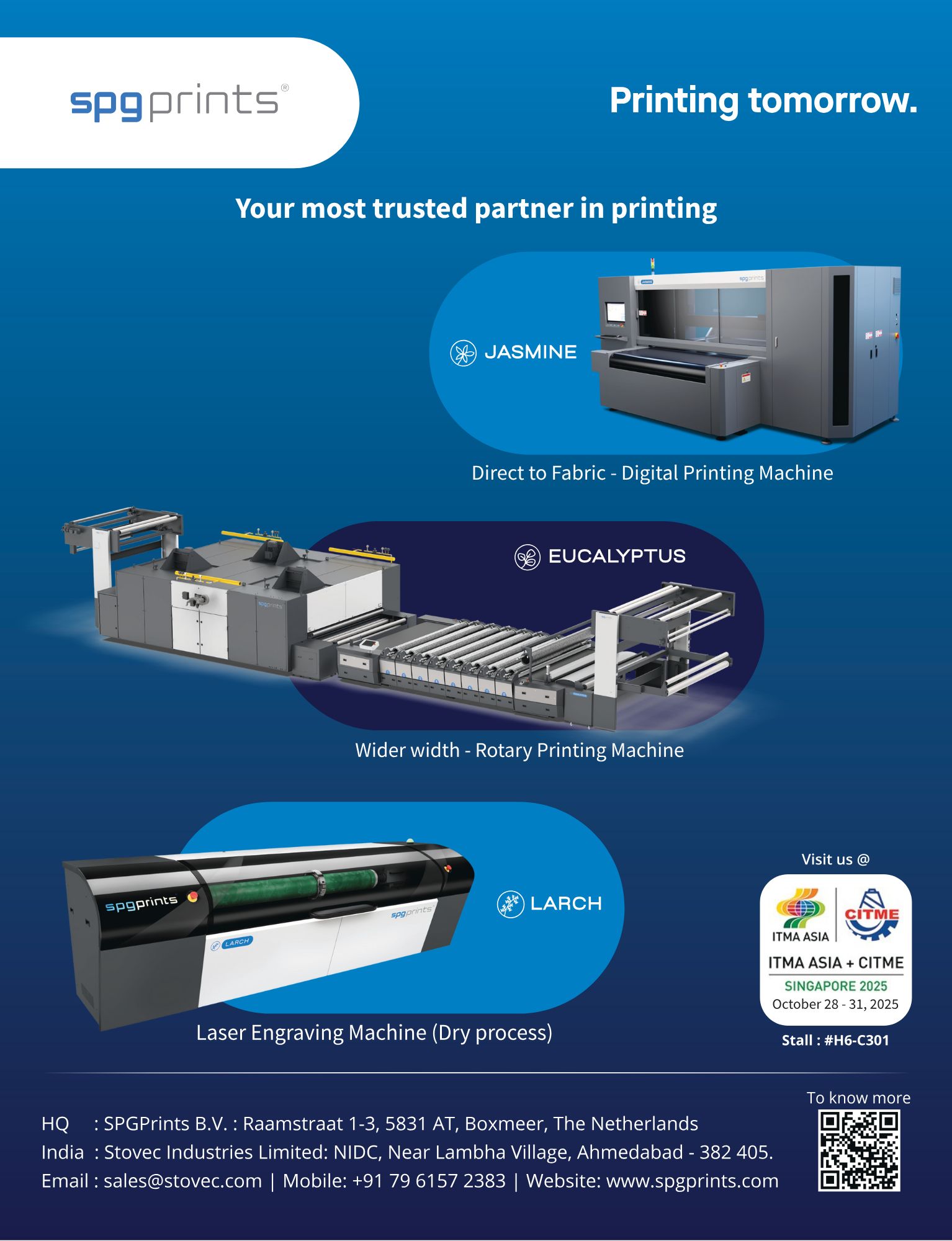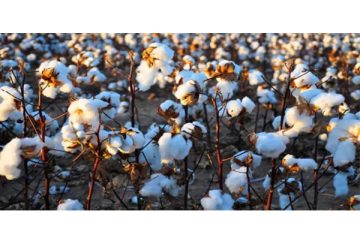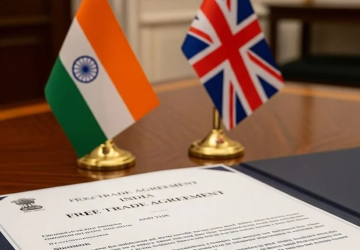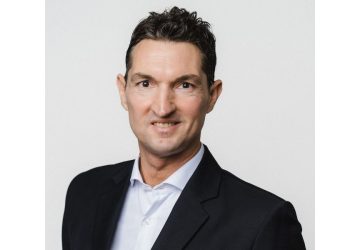 Every year in the fashion industry, trillions of litres of water are used in dyeing and finishing processes. Due to the chemical make-up of the dyes and finishes used, the water is often contaminated and cannot be re-used without expensive and arduous procedures. It is thought that the fabric dyeing process alone is responsible for up to 20 percent of the world’s wastewater.
Every year in the fashion industry, trillions of litres of water are used in dyeing and finishing processes. Due to the chemical make-up of the dyes and finishes used, the water is often contaminated and cannot be re-used without expensive and arduous procedures. It is thought that the fabric dyeing process alone is responsible for up to 20 percent of the world’s wastewater.
In an ambitious agenda, the fashion & apparel giant Ralph Lauren has revealed its plans to create the world’s first scalable wastewater-free cotton dyeing system, with the aim to tackle the huge environmental issue of water waste in the textile supply chain.
The project, named Color on Demand, seeks to dramatically reduce the amount of chemicals, dye, time and energy used in the cotton dyeing process – providing a more efficient and sustainable way to colour cotton at any point in product manufacturing.
“Traditional colour dyeing is one of the most polluting practices in our industry, and as a global brand we recognised the need to create a scalable solution,” says Halide Alagöz, Chief Product and Sustainability Officer at Ralph Lauren.
“Colour on Demand significantly reduces the environmental impact of dyeing cotton and, as an added benefit, will enable us to better balance inventory and meet personalised consumer demands faster than ever before.”
Multi-Agency Policy: Ralph Lauren will draft in the expertise of some of the industry’s most innovative names to collaborate on the project, including Dow, a leader in materials science; Jeanologia, a leader in sustainable solutions for garment and fabric finishing, with high expertise in garment dyeing and closed-loop water treatment systems; Huntsman, a global chemicals company specialising in textile dyes and chemicals; and Corob, a global technology leader in dispensing and mixing solutions.
The finalised system for Colour on Demand is not yet public knowledge but Ralph Lauren did state that Dow’s ECOFAST Pure sustainable pre-treatment will be incorporated into the process. ECOFAST Pure enables the use of up to 40 percent less water, 85 percent fewer chemicals, 90 percent less energy and a 60 percent reduction in carbon footprint compared to traditional cotton dyeing processes, according to the company.
The project will be integrated in the Ralph Lauren supply chain network, aiming to launch its fully completed Colour on Demand system later in the year [2021]. Despite the system still being well within its infancy, the company did say its future eco-plans include eliminating hazardous chemical use in its supply chain and reducing water consumption across its operations and value chain by 2025. In four years’ time, Ralph Lauren says it aims to use the Colour on Demand platform in more than 80 percent of the company’s solid cotton products.


